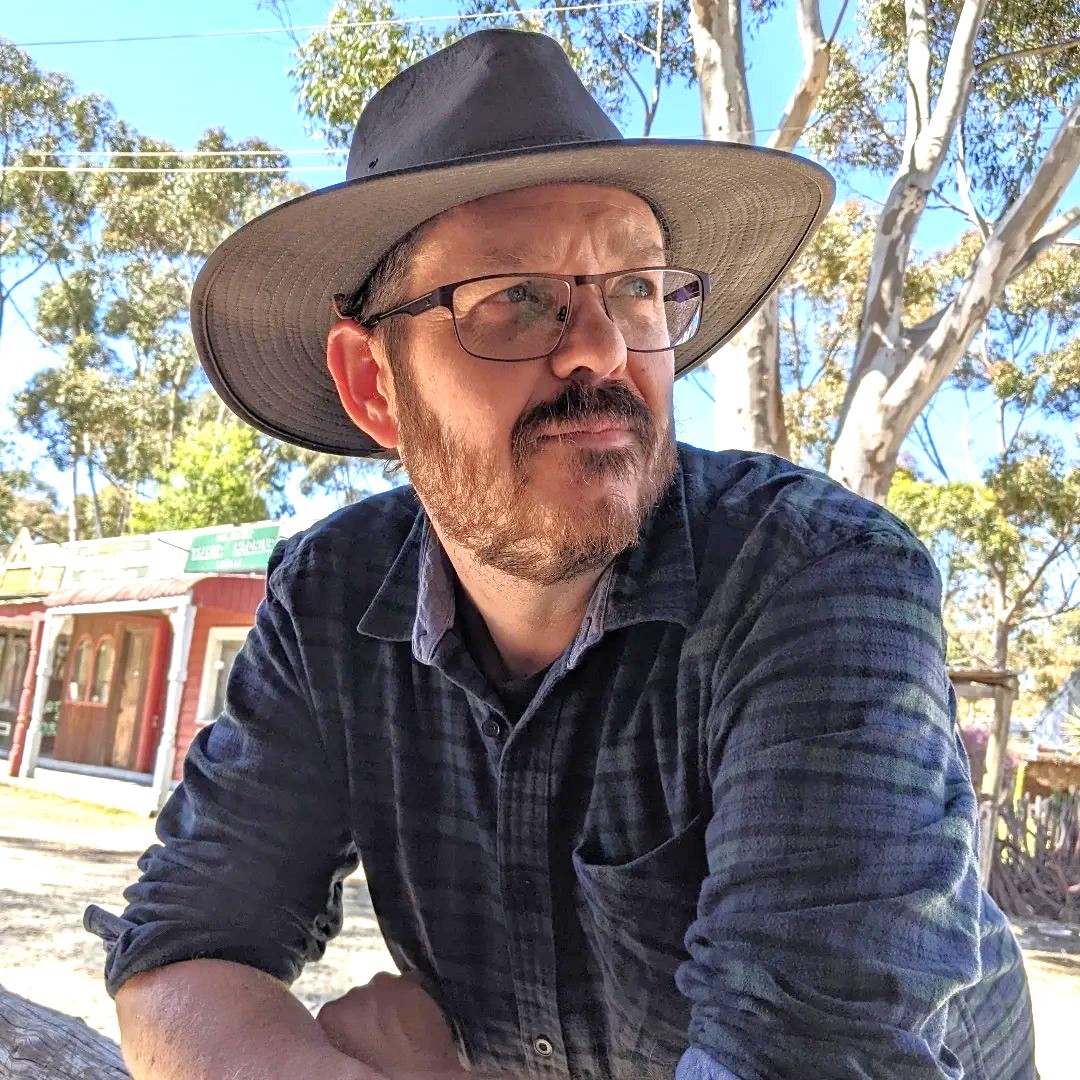I was watching this video of Seth Godin speaking about Tribes, and how they are and can be used to influence the world and create movements. It thought that it was a great talk, and a fantastic thing for us to think about for YWAM and how YWAM is, and can be a tribe.
Seth asked a few good questions, and made some good points, and I have a few of them below:
- Who are you upsetting (if you aren’t upsetting someone you are not challenging the status quo)?
- Who are you connecting?
- Who are you leading?
He also made some good points about leaders within the tribe and what they do:
- Tribe leaders challenge the status quo
- They build a culture
- They have curiosity about people inside and outside the crowd
- They connect people
- They are committed to the cause / tribe / people
YWAM has often been referred to as a tribe of people, and I reckon that Seth’s talk about it gives a great discussion point as we look at how we can as a mission continue to draw people to us who have a passion “To Know God and to Make Him Known”.




Leave a Reply